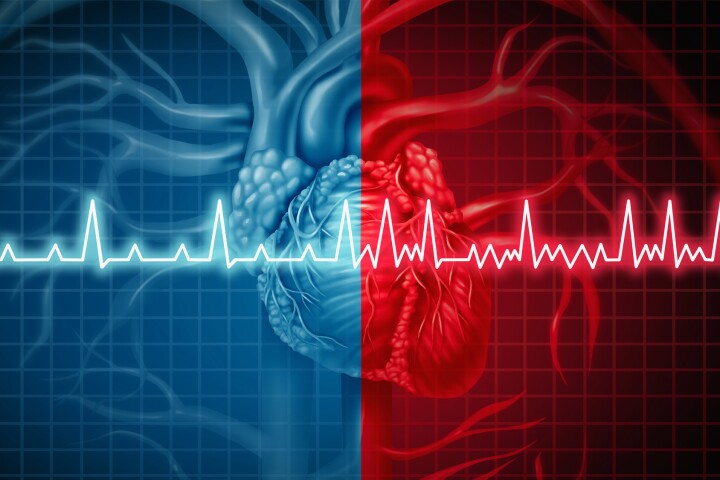Health
-
For the first time, scientists have shown how a specific protein increases in our organs as we get older and actively promotes the aging process. By blocking this, we could not only live longer but be protected against physical decline and disease.
-
Ultrahuman has announced the arrival of PowerPlugs, a platform that lets you choose and use the health-monitoring apps you want to use with their Ring AIR smart ring. It includes the world’s first atrial fibrillation-detecting app for smart rings.
-
While there has been a general consensus that olive oil and other plant-based fats are better for you than butter, scientists have now put it beyond doubt, combining diet-intervention and previous cohort research to assess serious disease risk.
-
Samsung has finally pulled back the official curtain on possibly its worst kept secret – the Galaxy Ring. Though there have been a number of similar wearables available from smaller companies for a while, this is the first from a major brand.
-
'Pandemic gardens' were as popular as pets and sourdough starters in 2020, but many of us learnt the hard way that houseplants can be hard. Now, this device is out to "revolutionize" how you tend to your plants, ensuring they thrive rather than die.
-
In a massive study of 85,000 people, tracking 13 million hours, scientists at Flinders University have found that night-time exposure to light increases the risk of developing type 2 diabetes, independent of daytime activities.
-
To Brie or not to Brie: A massive study of 2.3 million people has found that mental well-being may be the most important aspect to healthy aging and living longer. And, surprisingly, eating more cheese had a rather interesting impact on the results.
-
Would you bathe in beer, all in the name of health and wellbeing? The answer looks to be an overwhelming 'yes,' with this oddball European soak arriving in the US and spreading rapidly across the country. Take the plunge (beer goggles not included).
-
There's already a link between salt intake and stomach cancer in Asian populations. Now, a broader study has confirmed those earlier findings: Always adding salt to food at the table significantly increases cancer risk, no matter where you're from.
-
Google Research and Google’s AI research lab, DeepMind, have detailed the impressive reach of Med-Gemini, a family of advanced AI models specialized in medicine. It's a huge advancement in clinical diagnostics with massive real-world potential.
-
In the world of dog owners, there's a perception that purebreds suffer more health woes than their tougher mixed-breed cohorts. A new study casts doubt on that assumption and cautions against using it as the basis for choosing your new best friend.
-
Trained on simple heart rate data, an AI model can predict an episode of atrial fibrillation 30 minutes in advance. With plans to incorporate it into a smartphone so it can analyze data from a smartwatch, the model would act as an early warning system.
Load More











